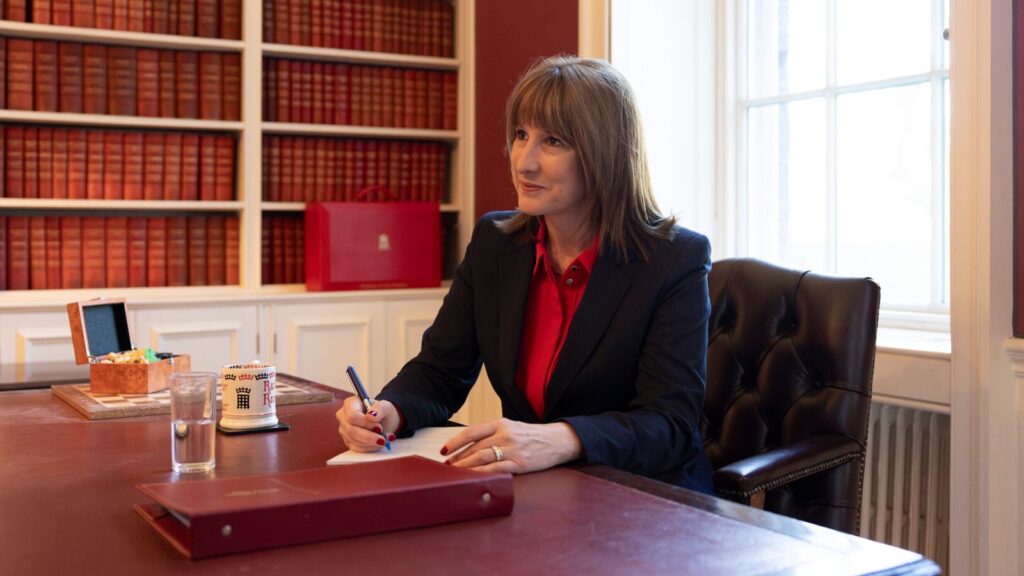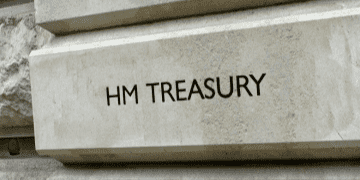Commenting on the research and policy implications:
Economic growth and success are clear priorities for the UK Government. That is why it is imperative that the R&D sector make a compelling and forward-thinking case for how innovation contributes to the nation’s economy. This new research provides invaluable insight as to how R&D already interacts with and drives the economy. However, we cannot rest on our laurels’, targeted tailored support is needed to unlock the full economic potential of UK R&D. With the spending review and industrial strategy having recently been published, there is great opportunity to reimagine how the UK supports, grows, and utilises innovative ideas.
Innovation isn’t a straight line from idea to market — it’s a complex web of feedback loops, bottlenecks and breakthroughs. This report helps us understand not just what innovations matter, but how and where they create value. If we want smarter, more effective policy — especially as the UK pursues a new Industrial Strategy — we need to get serious about the diversity of innovation pathways and their needs. This work shows where we’re strong, where we need to invest, and where modest interventions could unlock significant returns for the UK economy and society.
About
The British Academy is the UK’s national body for the humanities and social sciences (referred to as SHAPE – Social Sciences, Humanities and Arts for People and the Economy). Their purpose is to deepen understanding of people, societies, and cultures, enabling everyone to learn, progress and prosper.
Campaign for Science and Engineering (CaSE) is the leading independent voice for UK R&D. It is a charity supported by a diverse membership including businesses, universities, professional bodies, research charities and individuals. Its members span the whole breadth of R&D – including discovery research, science, engineering, and innovation across the public, private, and charitable sectors. They collaborate with members, partners and the public to lend a clear, expert voice to decisions about research and development. They specialise in developing non-partisan, responsive solutions that help research and innovation to thrive in ways that improve people’s lives and livelihoods.
Cambridge Econometrics is an economics consultancy that works globally from offices in Cambridge (UK), Brussels, Budapest and Northampton, Massachusetts. They specialise in economic research and the application of economic modelling and data analysis techniques for policy assessment and scenario planning. They work on challenges facing economies, societies and the natural environment.




